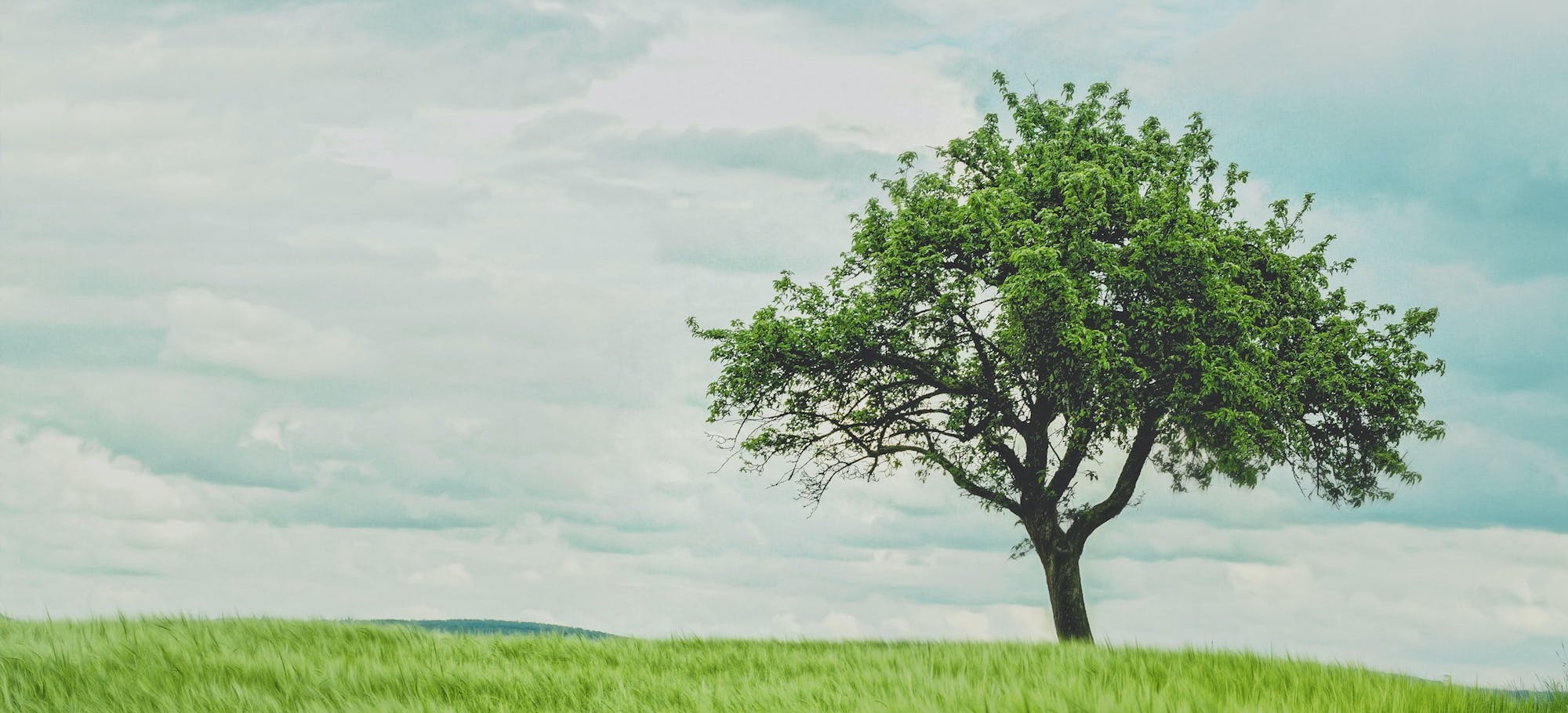Natural Resource
What is a Natural Resource?

A natural resource is something that is found in nature and can be used by people. These things include water seas and fresh water, land, soils, rocks, forests vegetation, animals including fish, minerals and energy, coal natural gas and oil. They are called Natural Resources and are the basis of life on earth. If natural resources come from living things or organic materials, then they are considered biotic resources. Biotic resources include plants, animals, and energy. The three fossil fuels are coal, oil, and natural gas.
What is the Importance of Natural Resources?
Natural resources play a significant part in our lives. It will be really difficult to imagine the world without the natural resources. The globe without natural resources will be the as the globe without nature. The resources not only add to our lives, they serve the realm of progress.

Why is natural gas a natural resource?
Natural gas is natural because it started from organic matter (plants and animals) buried over time below the earth's surface millions of years ago. This natural resource is a significant source of energy in America and other countries in the world.
Natural gas is a hydrocarbon gas mixture that is one of the world’s most significant energy resources. It is a fuel that is useful for cooking, water heating, space heating, and powering the appliances in your home. It’s a sustainable resource that can help reduce greenhouse gas emissions.
Natural gas is a mixture of different compounds such as methane, chains of carbon, hydrocarbons, and hydrogen atoms. It is formed after the exposure of decomposed animal and plant matter from the heat and pressure under the Earth’s surface over millions of years before transforming into natural gas.
Natural Gas is Cleaner
Natural gas is one of the cleanest combustions of fossil fuels. Compared to coal, burning it can produce 50 percent less carbon dioxide. Many oil and gas industry named it as a bridge fuel because it is cleaner to burn on power plants than coal. Thus, natural gas can be better for the climate and the environment.
The use of natural gas as an energy resource in the power generation systems can provide a cleaner alternative from other fossil fuels such as coal. It can produce less carbon and other harmful chemicals that can be ideal for the environment and public health. Using it can also help contribute to improving the local air quality.

Natural Gas is a Complement to Renewable Energy
Natural gas is a flexible and reliable energy resource. As renewable energy resources continue to grow as an efficient power source, no wonder it can be a strong complement to renewables that can provide enough power source for your home.
Natural gas is a great power source on demand. As a consumer, utilizing fossil fuel as an energy solution such as natural gas is a way to save more energy bills while reducing carbon emissions.
Natural Gas is Environmentally Friendly
The use of natural gas in your home can help reduce your carbon footprint. It is a smart energy solution to provide your home, the schools, and businesses with a clean and efficient energy source. It can also be ideal for upgrading your home with highly efficient natural gas appliances to help reduce emissions while reducing your energy bills.
When it’s burned on power generation systems, natural gas would only produce 15 percent less carbon dioxide than wood, 30 percent less than oil, and 50 percent less than coal. This natural resource would also produce no sulfur dioxide, monoxide, and other airborne particles that can be harmful to animal and human health.
The natural gas can be a bridge fuel to a renewable future. It is an ideal renewable resource that can help upgrade and revolutionize your home. It’s also an abundant resource to help reduce your carbon footprint and other gaseous gas emissions that are harmful to the environment.
Indeed, with the growing renewable energy resource industry nowadays, it can be ideal to know significant information about a reliable resource like natural gas such as those mentioned above. It shows the significant benefits of using natural gas on the environment.
Did you know that Natural Gas is Odorless, Tasteless and Colorless?
Natural gas is an odorless fossil fuel since it’s mostly made up of methane which doesn’t have any smell. Its telltale scent came from the added odorizer like sulfur that can help quickly detect any possible leaks. Another form of odorizer is tert-Butylthiol or t-butyl mercaptan that smells like rotten eggs.
The natural gas odorizers may vary in most countries depending on their gas distribution regulations. Other companies also add a compound called thiophane into the mixture. It is a volatile and colorless liquid that contains an unpleasant smell. The odorizers mixed to it can also help consumers recognize the natural gas more effectively.
Apart from being odorless, natural gas is also colorless and tasteless. Utilizing it for your home’s needs is an ideal way to control your power and energy costs. This natural resource will not only help you save energy but also to help protect the environment by producing less greenhouse gas emissions.

